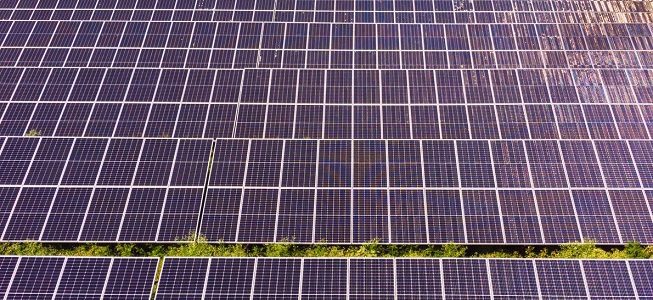
Ukraine needs to quickly add 2GW of maneuverable electricity generating facilities to balance the Ukrainian power grid in the conditions of the rapidly growing renewable energy sector, which will require around EUR 1.2-1.4 billion, Business Development Director at Wärtsilä Energy business in Eastern Europe Igor Petrik has said.
“The introduction of 2 GW of highly maneuverable generating capacities gives the highest economic effect for the power system,” he wrote in an article published on the Energy Reform resource.
Petrik said that the calculations were made for gas generator stations. According to him, energy storage systems based on batteries at current equipment prices are not so effective. According to the experience of other countries, the most common option are projects of gas generator stations with a capacity of about 100 MW and a cost of EUR 60-70 million, the expert said. According to him, their gas consumption will be “insignificant” – about 40 million cubic meters per year for the installed capacity of 2 GW.
According to Petrik, the introduction of highly maneuverable generation will help reduce the use of the “hot” reserve of thermal power plants by 12.5 billion kWh per year and the volume of coal-burning generation by 4.2 billion kWh per year. As a result, the total reduction in coal consumption will be 3 million tonnes, CO2 emissions will decrease by 7 million tonnes a year.
He added that the volume of renewable energy restrictions could be reduced by more than three times – from 6.5 kWh to 1.9 billion kWh per year, and the overall reduction in operating costs of the power grid – by EUR 300 million per year.
In the current situation, the expert said that renewable energy restrictions may increase to 30% of production during 2020, with fees of EUR 580 million per year for limited energy. Petrik said that such restrictions could arise provided that the installed capacity of the solar power plants and wind farms by the end of 2020 would increase to 7.5 GW and the existing feed-in tariffs and priority dispatching of cheaper energy, such as nuclear energy, would remain.